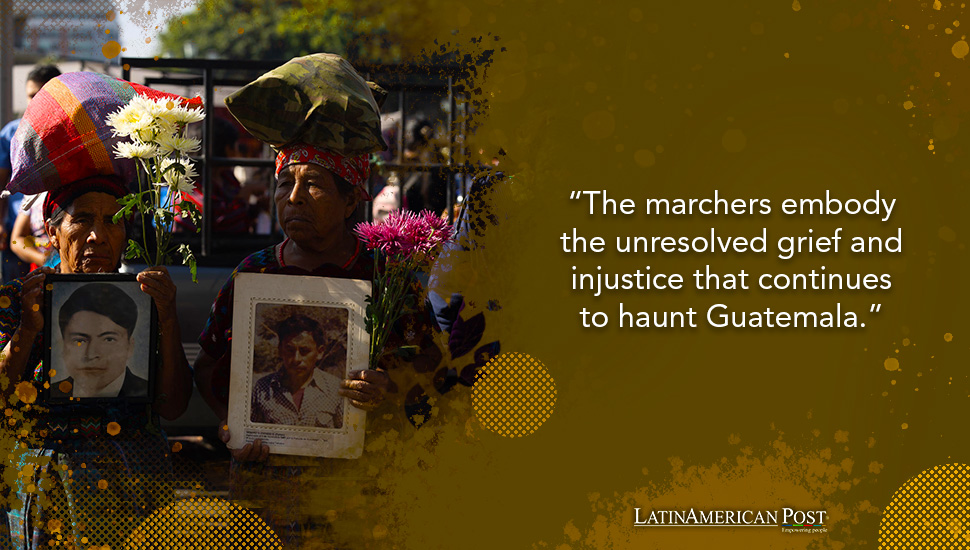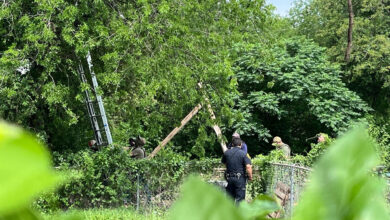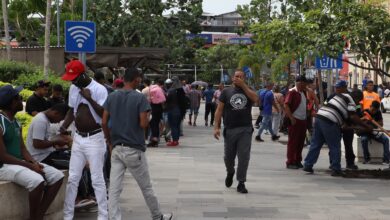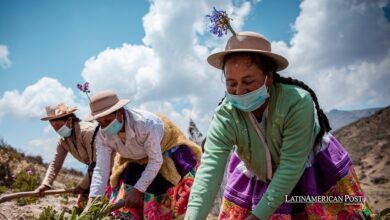Guatemala’s Peace Process Demands Renewed Commitment to Victim’s Closure

Guatemala’s recent indigenous march highlights an urgent need for the government to honor peace agreements and resume reparative policies, ensuring the dignification of conflict victims and ending a cycle of violence that plagues not only Guatemala but also other Latin American nations.
Commemorating the National Day of Dignification
In a poignant display of collective memory and unyielding demand for justice, hundreds of indigenous Guatemalans recently marched to commemorate the National Day of Dignification of Victims of the Internal Armed Conflict (1960-1996). Their call to President Bernardo Arévalo de León to uphold and advance the reparative policies established in the peace accords is more than a plea for overdue justice—it’s a stark reminder of the fragility of peace in a region where the echoes of past conflicts still reverberate loudly.
The marchers, bearing wooden crosses and portraits of their disappeared loved ones, embody the unresolved grief and injustice that continues to haunt Guatemala. Their message is clear: the path to lasting peace is paved with truth, justice, and reparations. This is not just Guatemala’s narrative but a shared history among several Latin American countries, where internal conflicts have similarly left deep scars on the social and political fabric.
Latin America, a region characterized by its turbulent history of dictatorships and internal conflicts—from the Dirty War in Argentina to the civil wars in El Salvador and Nicaragua—shares a collective memory of violence and the struggle for peace and reconciliation. Guatemala’s internal armed conflict, which claimed over 250,000 lives, is a stark reminder of the human cost of political instability and ideological warfare.
Dangerous Backslide in Guatemala
The dissolution of institutions tasked with victim reparations and the impunity granted to military officers accused of atrocities during Guatemala’s conflict under the administration of Alejandro Giammattei highlight a dangerous backslide that threatens the hard-won peace. This regression is not isolated; it reflects a broader regional challenge where political shifts and the fading commitment to transitional justice mechanisms undermine peace processes.
The insistence by Guatemala’s indigenous communities on the continuation of searches for the disappeared and the fulfillment of the peace accords is a testament to the resilience of those who refuse to let the lessons of history be ignored. Their struggle underscores a fundamental truth: without confronting and addressing the legacies of past atrocities, the seeds of future conflicts remain, threatening the stability and peace of not only Guatemala but also neighboring nations grappling with their histories of violence.
The Guatemalan government’s engagement with the victims and their families during the commemorative event, symbolized by the changing of the Rose of Peace, must translate into tangible actions. It requires a renewed commitment to the peace accords, emphasizing reparative justice and the institutional strengthening of democracy. This commitment must be mirrored across Latin America, where countries continue to wrestle with their pasts to secure a peaceful future.
Government’s Role in Commemorative Event
Guatemala’s journey toward lasting peace and reconciliation symbolizes a more significant regional need for an unwavering commitment to justice and human rights. The international community, too, plays a crucial role in supporting these endeavors, ensuring that the lessons learned from Guatemala’s painful history inform a collective approach to peacebuilding and reconciliation.
Also read: Unveiling Guatemala’s Enigmatic Epidemic: The Quest to Decipher a Neurological Enigma
The march in Guatemala, therefore, is not just a call to action for one nation but a reminder to all of Latin America of the need to steadfastly pursue the promises of peace accords. It is a recognition that the cycle of violence can only be broken through a collective commitment to healing, accountability, and the unwavering pursuit of justice. Only then can the region hope to move beyond the shadows of its tumultuous past and towards a future where peace is not just an aspiration but a lived reality.




